When it comes to heart health, what we eat matters. A well-balanced diet can help lower blood pressure, cholesterol levels, and inflammation, all of which can contribute to a reduced risk of heart disease. On the other hand, a diet high in processed foods, sugar, and unhealthy fats can increase our risk of heart problems. In this blog post, we’ll delve into the link between nutrition and heart health, exploring the specific nutrients and foods that can help keep our hearts strong. From the benefits of omega-3 rich foods to the importance of potassium-packed fruits and vegetables, we’ll examine the dietary habits that can help us maintain a healthy heart for years to come.
Nutrition and Cancer Prevention
When it comes to cancer prevention, diet plays a crucial role. By making informed choices, we can reduce our risk of certain cancers. A diet rich in fruits, vegetables, and whole grains can help protect against colon, breast, and prostate cancer. Key nutrients like vitamin C, vitamin E, and beta-carotene have anti-cancer properties. By incorporating these foods into our diets, we can take control of our health and wellbeing.
– Eat a variety of colorful fruits and vegetables.
– Include whole grains like brown rice, quinoa, and whole wheat bread.
– Nuts and seeds like walnuts, almonds, and chia seeds are rich in antioxidants.
– Limit processed and red meat consumption.
Nutrition and Gut Health
The gut and nutrition have a deeply intertwined relationship, with the food we eat playing a crucial role in maintaining a healthy gut. A well-balanced diet rich in beneficial nutrients can help prevent digestive disorders like irritable bowel syndrome (IBS), inflammatory bowel disease (IBD), and small intestine bacterial overgrowth (SIBO). On the other hand, a diet high in processed foods, sugar, and unhealthy fats can disrupt the delicate balance of gut bacteria, leading to digestive issues. By understanding the connection between diet, gut health, and digestive disorders, we can take steps to promote a healthy gut through nutrition.
– Prebiotics: Non-digestible fibers that feed beneficial bacteria, found in foods like asparagus, bananas, and onions
– Probiotics: Live bacteria and yeasts that support gut health, found in fermented foods like yogurt, kefir, and sauerkraut
– Omega-3 fatty acids: Anti-inflammatory fats that support gut health, found in fatty fish, flaxseeds, and chia seeds
– Polyphenols: Antioxidants that reduce inflammation and promote beneficial bacteria, found in berries, green tea, and dark chocolate
By incorporating these beneficial nutrients into our diets, we can promote a healthy gut and reduce the risk of digestive disorders.
Nourishing Body and Mind
The Connection Between Nutrition, Brain Health, and Bone Strength
A well-balanced diet is essential for maintaining a healthy body and mind. Two critical areas that benefit from proper nutrition are brain function and bone health. Research has shown that a diet rich in specific nutrients can support cognitive function, reduce the risk of dementia, and promote strong bones, preventing osteoporosis.
Foods for a Healthy Brain:
– Fatty fish like salmon, rich in omega-3 fatty acids, support brain function and memory.
– Nuts and seeds like walnuts and chia seeds, high in antioxidants and healthy fats, promote cognitive health.
– Leafy greens like spinach and kale, rich in folate and vitamins, support cognitive function.
– Berries like blueberries and strawberries, high in antioxidants, reduce inflammation and promote brain health.
– Whole grains like brown rice, quinoa, and whole wheat bread provide sustained energy and fiber.
Foods for Strong Bones:
– Calcium-rich foods like dairy, leafy greens, and fortified plant-based milk support bone density.
– Vitamin D-rich foods like fatty fish, egg yolks, and fortified dairy products promote calcium absorption.
– Magnesium-rich foods like dark leafy greens, nuts, and seeds support bone mineralization.
– Omega-3 fatty acids found in fatty fish, flaxseeds, and chia seeds reduce inflammation and promote bone health.
– Vitamin K-rich foods like leafy greens, Broccoli.
The Importance of Hydration in Preventing Chronic Diseases
Staying hydrated is one of the simplest and most effective ways to maintain overall health. Water makes up approximately 60% of our bodies and plays a crucial role in nearly every bodily function. Despite its importance, many of us don’t drink enough water, putting ourselves at risk of chronic diseases.
How Hydration Impacts Our Health:
– Regulates body temperature.
– Transports nutrients and oxygen to cells.
– Removes waste products.
– Maintains healthy skin, hair, and muscles.
– Supports kidney function.
The Link Between Hydration and Disease Prevention
– Reduces risk of kidney stones and urinary tract infections.
– Helps manage blood sugar levels and reduce risk of type 2 diabetes.
– Supports healthy blood pressure and reduces risk of cardiovascular disease.
– Maintains healthy joints and reduces risk of arthritis.
– Boosts cognitive function and reduces risk of dementia.
Conclusion
In conclusion, nutrition is a cornerstone of chronic disease prevention, with a well-balanced diet serving as a powerful tool for maintaining overall health. Heart health, for instance, benefits greatly from diets low in processed foods and rich in omega-3 fatty acids, potassium, and fiber. Similarly, cancer prevention is strongly linked to the intake of fruits, vegetables, and whole grains, which provide essential nutrients like vitamin C, vitamin E, and beta-carotene. Gut health, crucial for digestion and immunity, thrives on prebiotics, probiotics, and anti-inflammatory foods such as omega-3s and polyphenol-rich berries. Moreover, brain function and bone health are supported by specific nutrients like omega-3 fatty acids, calcium, and vitamin D, which are found in foods like fatty fish, leafy greens, and whole grains. Hydration is equally essential, influencing everything from kidney function to cognitive performance. By adopting a diet rich in these vital nutrients and staying adequately hydrated, we can significantly reduce the risk of chronic diseases, promoting long-term health and well-being. Making informed dietary choices is a proactive step toward a healthier, more resilient body and mind.








Leave a Reply